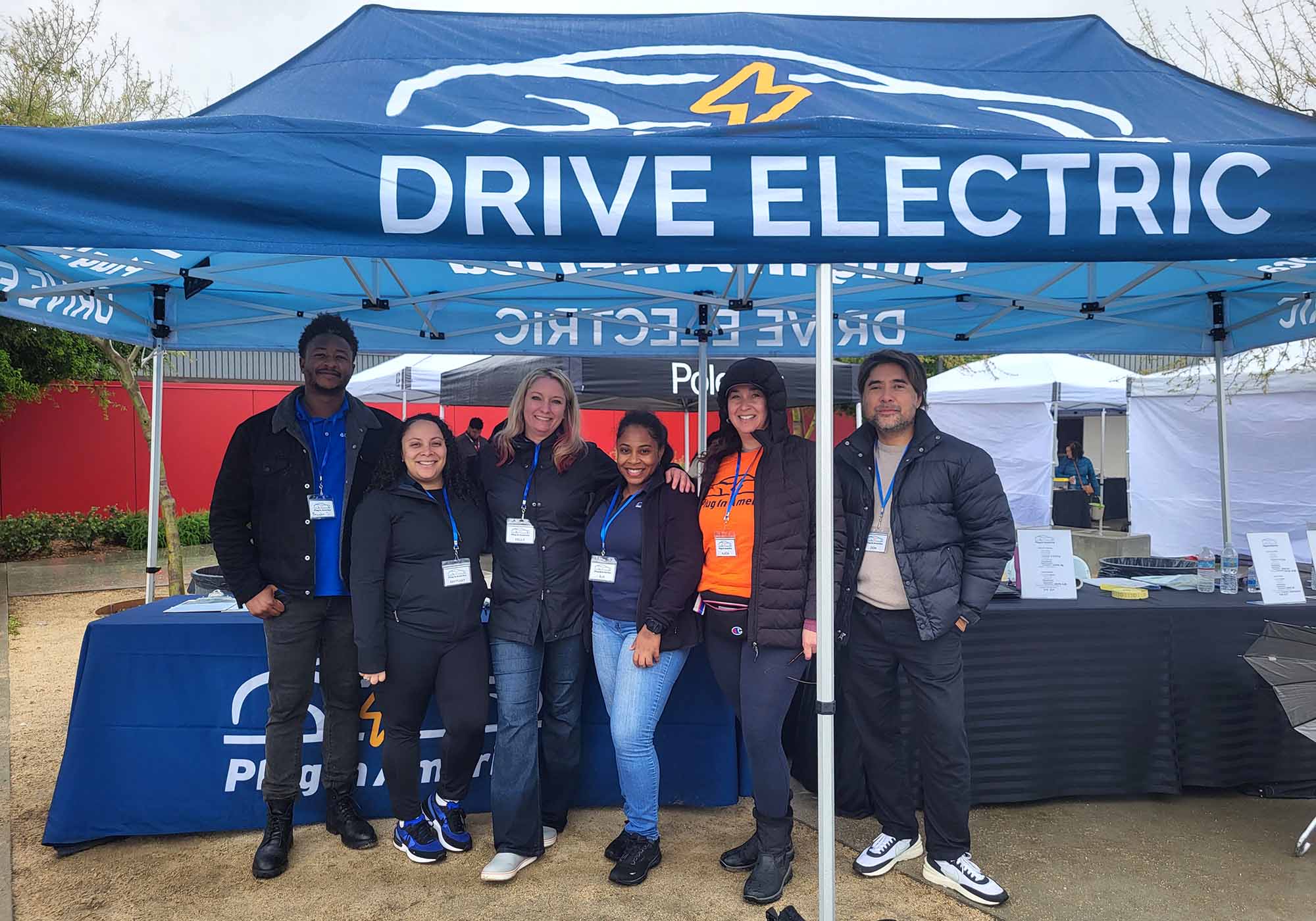While electric car batteries can be recycled for their raw materials, the market for their direct reuse is rapidly growing, eliminating the need for recycling. In fact, used EV batteries have the potential to provide valuable services to the electric grid. A battery considered to be too degraded for electric vehicle use still has about 75 – 80% of its capacity and can be used for home energy storage or for energy storage applications and grid support.
A 2019 analysis by McKinsey Center for Future Mobility found that reused electric car batteries could replace more expensive gas-powered turbines, allowing utilities more flexibility in how they sell their power.
Hyundai is developing a 1-megawatt-hour energy storage system that is made of used battery packs from its electric cars. BMW is recycling electric car batteries to connect to the UK National Grid.
These pilot projects for electric car battery recycling are proving the value of the EV battery packs after their useful lives on the road. By repurposing electric car batteries for grid, industrial, and home storage, these batteries can continue to support the integration of intermittent solar and wind generating resources, while making the electric grid more efficient and making energy more affordable for all customers.
If reuse is not an option for a particular battery, the majority of the components can be recycled. Lithium, the most abundant material in a lithium-ion battery, is in high demand for laptops and phones and other electronic goods, and a robust market for recycled lithium already exists.
Further reading:

